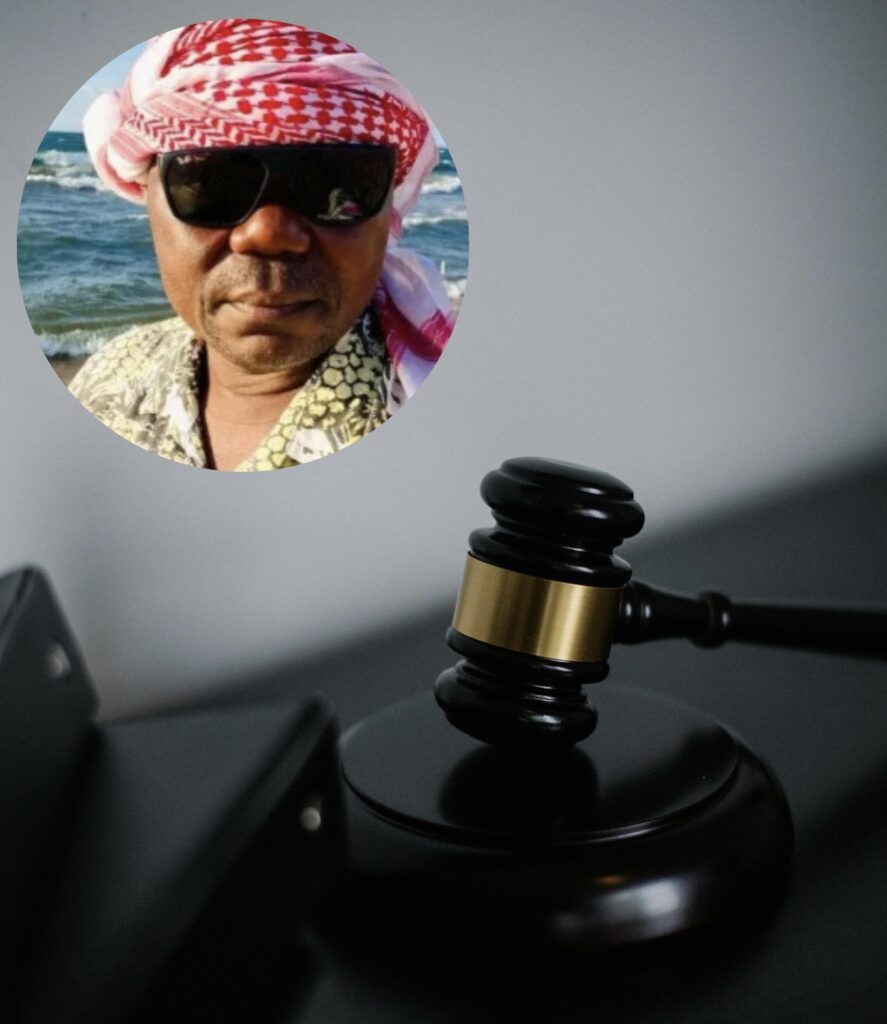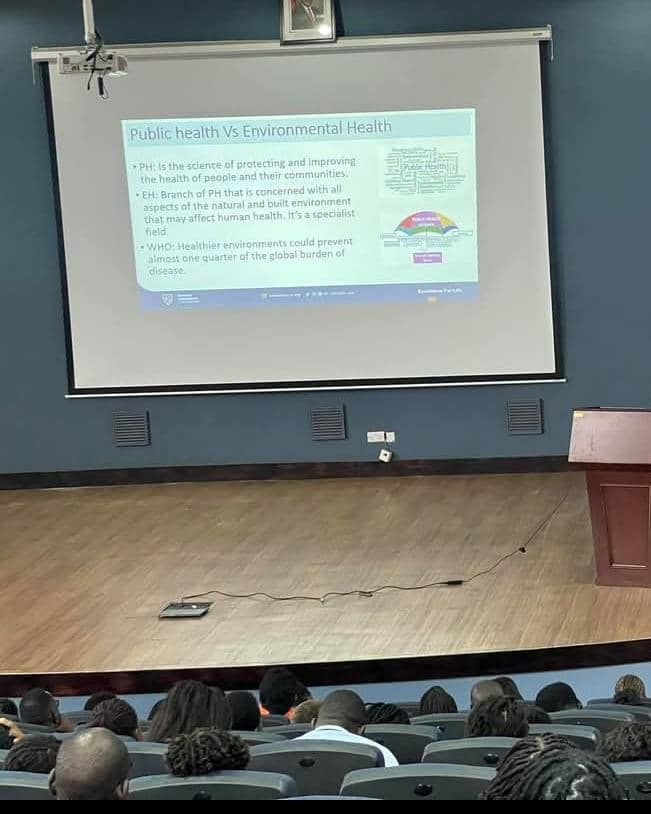In a significant win for freedom of speech, Malawi’s Constitutional Court has struck down Section 200 of the Penal Code, ruling that criminal defamation is unconstitutional and infringes on citizens’ right to free expression .
⸻
🔍 What Happened?
• Origin of the Case: The case was initiated by social media influencer Joshua Chisa Mbele, who faced criminal defamation charges after accusing former MDF General Vincent Nundwe of corruption in a Facebook post .
• Lower Court Rulings: The Supreme Court’s appeal division sent the case to the Constitutional Court in early 2025, affirming concerns that Section 200 might violate constitutional rights .
• Final Judgment: A three-judge panel led by Justice Chifundo Kachale unanimously ruled that Section 200 criminalizes legitimate criticism and chills public discourse. They noted that civil suits provide more appropriate remedies without risking freedom of expression .
⸻
What It Means for Social Media and Public Debate
• No More Criminal Charges: Section 200 can no longer be used to bring criminal defamation cases. No further prosecutions under this provision are allowed .
• Shift to Civil Remedies: Defamation disputes must now be handled through civil courts—no prison, but potential damages for proven false insults.
• Boost for Free Speech Online: The ruling protects social media users and journalists, ensuring Malawi’s digital space is a platform for accountability and discourse, not fear of criminal sanctions .
⸻
⚠️ What’s Next
• The court’s decision applies immediately. All pending or future prosecutions under Section 200 must be dropped.
• No backtracking: The court warned that lawmakers and authorities should not seek to revive criminal defamation under another guise.
• Civil cases remain viable: Individuals believing they’ve been defamed may still pursue damages—just not through criminal courts.




